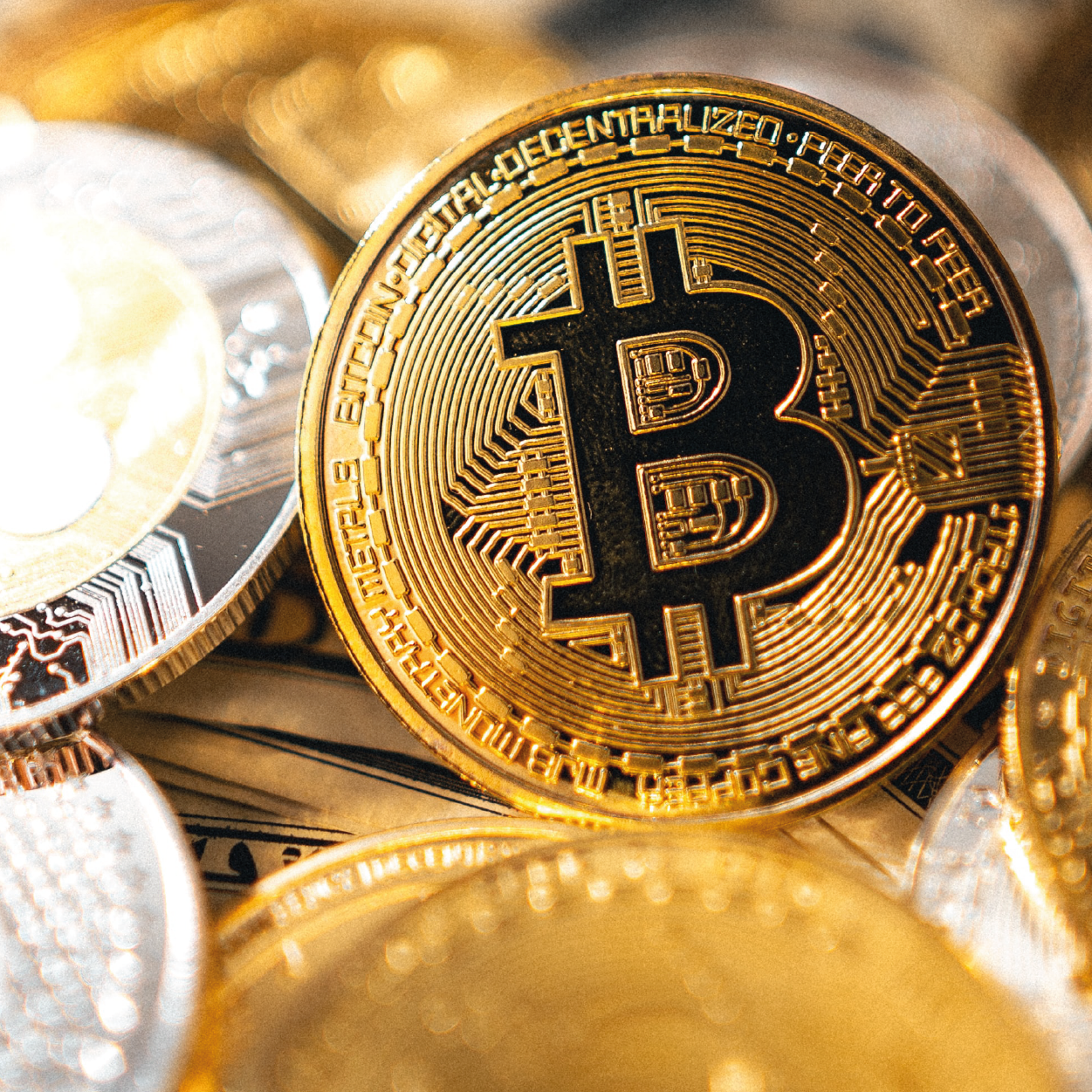
26 Dec Legal Framework for Digital Assets Signed into Law
Law 14,478 was published last Thursday, December 22, 2022 (“Law 14,478”), which sets forth the legal framework for the digital assets market and for the service providers of said industry in Brazil. In short, crypto assets now have specific treatment in the Brazilian legal system.
The growth of the digital assets market in the past ten years has entailed the challenge, for lawmakers worldwide, of regulating the matter. The Brazilian legislative branch first addressed crypto assets in 2015, when Bill of Law 2,303 was proposed specifically to regulate Bitcoin. Several bills have since been submitted. Following extensive debates and adjustments made by both the House of Representatives and the Senate, the House passed Bill 4,401 on November 29, 2022, then submitted to presidential sanction, which occurred last December 22nd.
The publication of Law 14,478 accounts for substantial progress to ensure legal safety for investors, by setting forth the rules applicable to service providers of virtual assets. It is a general rule and also sets forth the fundamental principles on the matter. The leading issues covered thereby include the definition of “virtual assets”, the service providers operating in such industry and the principles that must guide their operation, as well as the role to be played by the competent regulatory agency.
Also, the lawmaker chose to use exclusion to define digital assets, when stating the following are not under the regulation of the law: (i) national and foreign currency; (ii) electronic money (e-money), which, pursuant to the terms of Law 12,865, of October 9, 2013, are defined as funds in national or foreign currency existing purely in electronic form (credit and debit cards, for instance); (iii) loyalty and mileage programs; and (iv) other assets whose issue, bookkeeping, trading or settlement are set out in other rules, as is the case of securities, for example. It is therefore clear that Law 14,478 governs not only the cryptocurrencies, as is the case of the widely known bitcoins, but also the so-called payment tokens. Furthermore, in October, the Brazilian Securities and Exchange Commission (CVM) published Staff Interpretation No. 40, which offers guidance on crypto assets defined as securities. VBSO Advogados’ assessment on Staff Interpretation No. 40 is available here.
In view of the foregoing, service providers operating in this market are any parties acting as intermediaries of the transactions with digital assets, digital assets custodians, and providers of financial services related to the offer or sale of digital assets.
The rule also determines that the Federal Government agency will approve the operation of digital asset entities, without expressly stating the authorities with jurisdiction to regulate the operation of service providers in the digital asset industry, to be defined by the Federal Branch. It is likely for the Brazilian Central Bank to take on the supervision and direct regulation of the industry, considering the agency’s close relationship with the matter. Digital asset entities will have at least six (6) months to adjust to the applicable rules.
Though a substantial framework for the industry, the law has failed to address key issues to offer greater safety for investors. Especially noteworthy is that there is no mandatory separation of assets, which has become an ever the more pressing issue after the FTX collapse, one of the leading global cryptocurrency exchanges, which lent investor money to one of its affiliates. Separation of assets is crucial to protect investors, as virtual assets would not comingle with the assets of the exchanges, and would therefore not be affected by the potential bankruptcy thereof.
The law also failed to address the mandatory organization of a business entity in Brazil, with the resulting adhesion to the National Registry of Legal Entities (“CNPJ”). On this matter, the lawmaker chose to protect the continuity, in Brazil, of activities performed by foreign cryptocurrency brokers, as any such requirement would prevent the operation of several exchanges in Brazil, until they were duly registered with the Brazilian Federal Revenue Service (SRF). Hence, foreign exchanges operating in Brazil, albeit without any registration with CNPJ, are still permitted. The direct implication of such legislative choice is that brokers that are not registered with CNPJ will not be integrated to the System for the Control of Financial Activities of the Brazilian Money Laundering Enforcement Board (“SISCOAF” and “COAF”, respectively). COAF has already issued a decision on the matter, by revoking limited accreditation for the use, by the exchanges, of the SICOAF tools and functions. The issue should be addressed under upcoming rules.
Finally, it is also noteworthy that the law seeks to prevent recurring cryptocurrency-related Ponzi schemes, as the recent “Bitcoin Pharaoh” case. To this end, Law 14,478 has defined a crime under Article 171-A of the Brazilian Penal Code, which sentences anyone who uses digital assets to “obtain unlawful advantage at another person’s loss, misleading or maintaining anyone in mistake, by using schemes, artifices or any other fraudulent means” to four (4) to eight (8) years of imprisonment, plus fine.
It is therefore clear that Law 14,478 is a key milestone for the regulation of the matter in Brazil, whether because it offers greater legal safety for investors, or because it delegates, to the Federal Government, the establishment of principles, guidelines, rules and inspection of the operations of both crypto asset exchanges and brokers. However, given the general nature of the law, other subsidiary rules to be enacted will effectively regulate the matter, which is likely to take place in order to protect investors, without turning into an obstacle to the development of the digital assets industry.
VBSO Advogados – Capital Market and Digital Law Team

